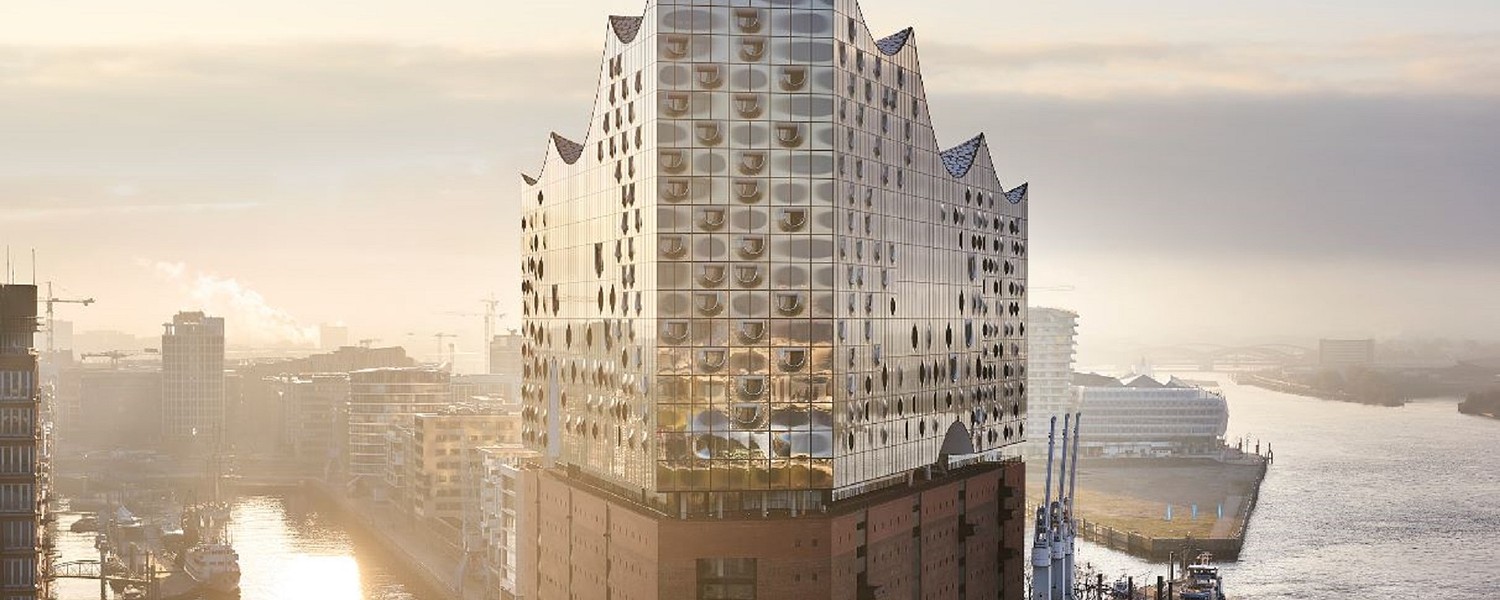
Speicherstadt
The Speicherstadt is one of the main highlights of the great harbour tour. Built in 1883, five years before Hamburg was granted its free port, this world's largest integrated complex of warehouses has been under historic monument protection since 1991. Constructed on oak piles, the district is crisscrossed by fleets — canals that are flooded with the tides and navigable by ship.
You can explore the narrow canals in small barges to appreciate the architectural details when the tide permits. A canal tour on a historic barge like this offers an unforgettable experience. Most tours start from the landing stages in St Pauli, and groups can even charter an entire barge.
Located in the Freihafen between Deichtorhallen and Baumwall, this is the world's largest contiguous warehouse complex.
Bookable
Read more





